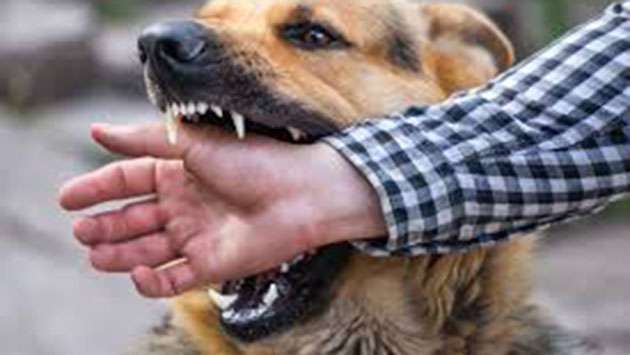Reply To:
Name - Reply Comment

Colombo, January 4 (Daily Mirror) - The Association of Veterinarians for Humane Management of Animal Populations has addressed concerns regarding the rising number of emergency treatments at the Badulla Teaching Hospital for cat and dog bite victims. The association said that 95% of these cases are the results of bites from domesticated pets, not stray animals.
Records from the Badulla Teaching Hospital confirm that 6,700 patients had received emergency treatment for cat and dog bites over the past year.
Dr. Chamith Nanayakkara, an advisor to the association’s board, emphasised that misinformation is being spread, creating the false impression that the increase in the stray dog population is responsible for the spike in bites.
“The reality is that 95% of the cases we see are domestic incidents—dog bites occurring within homes,” he explained.
He further said that stray dogs account for only 3% of the total dog population in Sri Lanka. Of this, 2% survive by hunting in forests, while the remainder reside in villages and urban areas. The number of truly ownerless dogs is estimated at just 1%.
Additionally, Dr. Nanayakkara highlighted that only 10% of dogs owned by Sri Lankans are confined by cages, leashes or enclosed spaces. In contrast, 79% of owned dogs roam freely, often returning home only to eat and sleep.
"Another 8% of dogs live in public spaces such as temples, three-wheeler parks, government and private institutions, military camps, shops and agricultural areas. Encouragingly, over 60% of these community dogs have been sterilized, and more than 80% have received vaccinations against diseases, including rabies," he said.
Dr. Nanayakkara stressed the importance of enacting laws such as the ‘Rabies Ordinance’ and the ‘Animal Welfare Act’ to promote responsible pet ownership and curb harmful behaviours in dogs.
“Despite our efforts spanning more than 20 years, these measures have yet to be formally adopted,” he said.
The association strongly condemned recent media narratives suggesting a stray dog crisis. “This feels like a deliberate campaign aimed at justifying the killing of stray dogs—a notion that resurfaced a few weeks ago,” Dr. Nanayakkara said.
The real issue stems from irresponsible human actions, not the dogs themselves. With a well-organized plan, the stray dog populations can be effectively managed within two years. However, the lack of coordinated efforts among relevant stakeholders remains a significant barrier, he asserted.
The Ministry of Health has already initiated discussions on a national programme from 2025 to 2030 to combat rabies, with plans to engage all relevant parties.
“We trust that the government, which has faced the backlash for past unsuccessful decisions involving dog culling and displacement, will make fair and humane decisions while moving forward,” Dr. Nanayakkara said.
He reiterated the association’s call for the establishment of a dedicated Secretariat to oversee scientific management of stray dog populations and animal welfare issues.
“So far, we have yet to receive a positive response,” he added.